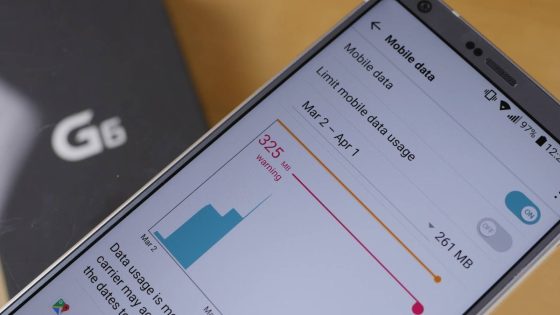Mobile data traffic in Europe to triple in less than five years،
By 2028, European mobile data traffic will triple compared to 2022, according to a new forecast.
Reuters reports on this topic and argues that 5G adoption and migration to 4G play a key role in what is quickly becoming a strain on network investments, as stated by telecommunications industry group GSMA.
The GSMA brings together more than 1,000 mobile operators and companies and says 5G subscribers wanted to add high-speed services and content to their mobile contracts. This is all due to the growing demand for high-quality gaming, extended reality and video content, with more and more people eager to get on the 5G train.
In 2022, Western Europeans used around 20 GB of mobile data per month, compared to 14 GB on average for Eastern Europeans. According to the GSMA annual report on the mobile economy, by 2028, individuals between Austria and Portugal are expected to consume around 56 GB of mobile data per month, while Eastern European usage is expected increase up to 37 GB per month.
Due to this growing demand, telecom operators have no choice but to continue investing in mobile networks. They are already expected to spend more than 198 billion euros ($216 billion) by 2030 to modernize their networks.
Several European telecoms groups (including the largest such as Orange, Telefónica and Telecom Italia) have long pushed Big Tech (Google’s Alphabet, Meta, Netflix, Microsoft, Amazon, etc.) to mobilize and help them. finance the deployment of 5G and broadband. The argument behind this claim is that their platforms and services represent a huge portion of internet traffic.
However, telecommunications will likely have to wait until 2025 for the next European Commission to decide whether to propose rules for this purpose, Reuters reported in October citing people familiar with the matter.
“We are encouraged to see European policymakers face this reality and examine the potential for meaningful policy change in areas such as consolidation, spectrum harmonization and creating fairer investment models for infrastructure,” Daniel Pataki, head of Europe for the GSMA, said in a statement.
















